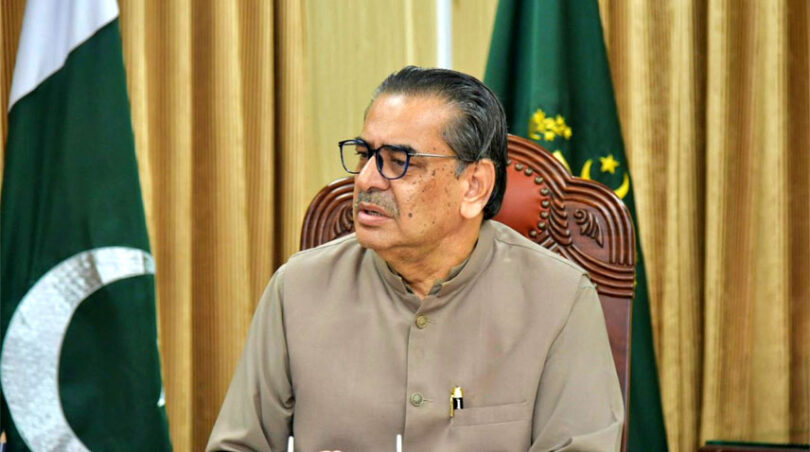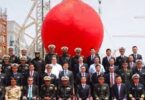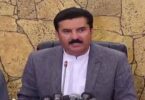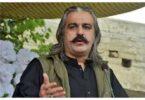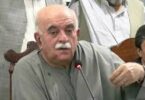ISLAMABAD (APP): Minister for Religious Affairs and Interfaith Harmony, Aneeq Ahmed on Wednesday highlighted the unique perspective that the Holy Quran provides, linking it with various areas of Social Sciences and offering valuable teachings on their practical aspects.
Addressing the first International Conference on Social Sciences, themed ‘Reconsidering Social Sciences Paradigms for Global Citizenship and Sustainable Development’ here at National University of Modern Languages (NUML), he said fields such as Education, Psychology, International Relations, Media Communications, Governance and Public Policy, Pakistan Studies, Islamic Studies, and Area Studies share the common objective of enhancing human societies, human behavior, and interactions between nations and cultures.
Minister Aneeq said in the realm of Education, the Holy Quran emphasizes the acquisition of knowledge, stating that “Seeking knowledge is obligatory for every Muslim.” He said this underscores the importance of education for personal growth and societal development. He said the Holy Quran’s encouragement of reflection and contemplation also plays a pivotal role in this regard.
He said Psychology, too, benefits from Quranic teachings, promoting self-reflection, mindfulness, and self-control. He said the Holy Quran encourages believers to control their anger, practice gratitude, and foster positive mental states.
He said in terms of International Relations, the Holy Quran emphasizes peaceful coexistence and diplomacy, inviting people of different faiths to find common ground and work towards mutual understanding and respect. He said this commitment to resolving differences through dialogue is exemplified through various verses. Regarding Media Communications, Minister Aneeq said with its influence on public opinion, can draw lessons from Quranic teachings on truthfulness, responsibility, and ethical communication. The Quran instructs us to speak the truth and avoid spreading falsehoods.
He said Governance and Public Policy can benefit from the Quranic principle of justice, emphasizing the importance of just governance and leaders’ responsibility to prioritize the welfare and justice of their people.
He said Islamic Studies and Area Studies can find a wealth of historical and cultural knowledge in the Quran and Hadith, which provide insights into past civilizations and cross-cultural understanding. In conclusion, Minister Aneeq emphasized that the Holy Quran and Hadith offer a wealth of wisdom applicable to various branches of social sciences. Integrating these teachings into research and practice can foster a more just, harmonious, and sustainable world.

